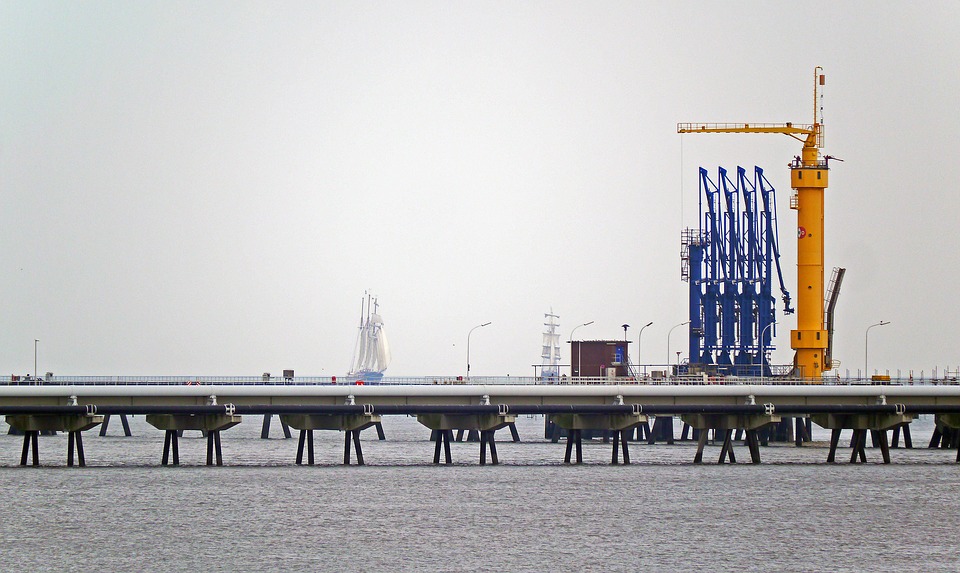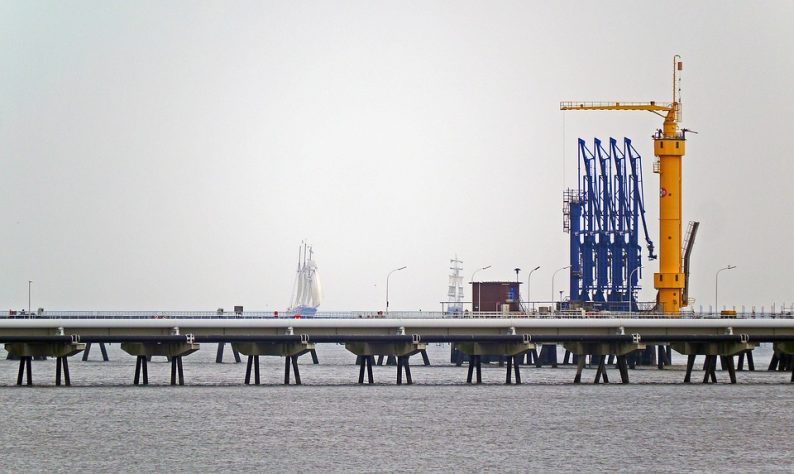Oil prices are trying to balance the risks to oil supply versus the risks to demand. The risk to the demand side of the equation is coming out of Turkey. Turkish President Recep Tayyip Erdogan is vowing not to be brought to its knees even as it is him that has driven the Turkish economy into freefall. The Turkish central bank says it will provide all the liquidity that the Turkish banks need. That brought the crashing Lira and stock market back a bit, but it is unclear whether that will provide lasting support. Turkey’s stock market has fallen 17%, and government borrowing costs have risen to 18% a year.
The Turkish inflation has hit 15%. The turmoil has caused the dollar to hit a 13 -month high against the Euro and is causing pressure on gold which saw speculators pile into the short side for an 8th week in a row. We have seen buying in U.S. Treasuries as well and oil is being held back from supply concerns as the dollar weighs on prices.

Fear of a fallout contagion are overshadowing reports and the ability of shale oil process to produce profitably, and reports that Iran fired off an anti-ship missile in its war games in the Strait of Hormuz. Bloomberg reported that “oil earlier rose higher amid supply concerns as Iran’s foreign minister said the OPEC nation won’t meet with the U.S. at the United Nations General Assembly in New York in September. The Trump administration has forecast that international buyers will cut Iranian imports by as much as 1 million barrels a day once renewed sanctions take effect, according to people familiar with the matter.”
How the market is going to make up that 1 million barrels is unclear. With strong global demand and if the fears of the Turkish economic contagion are overblown, we could see a very tight oil market. The International Energy Agency (IEA) warned as much last week and I agree. Spare oil production capacity is at a historic low and we can’t afford any outages if Iran exports are cut.












Leave A Comment